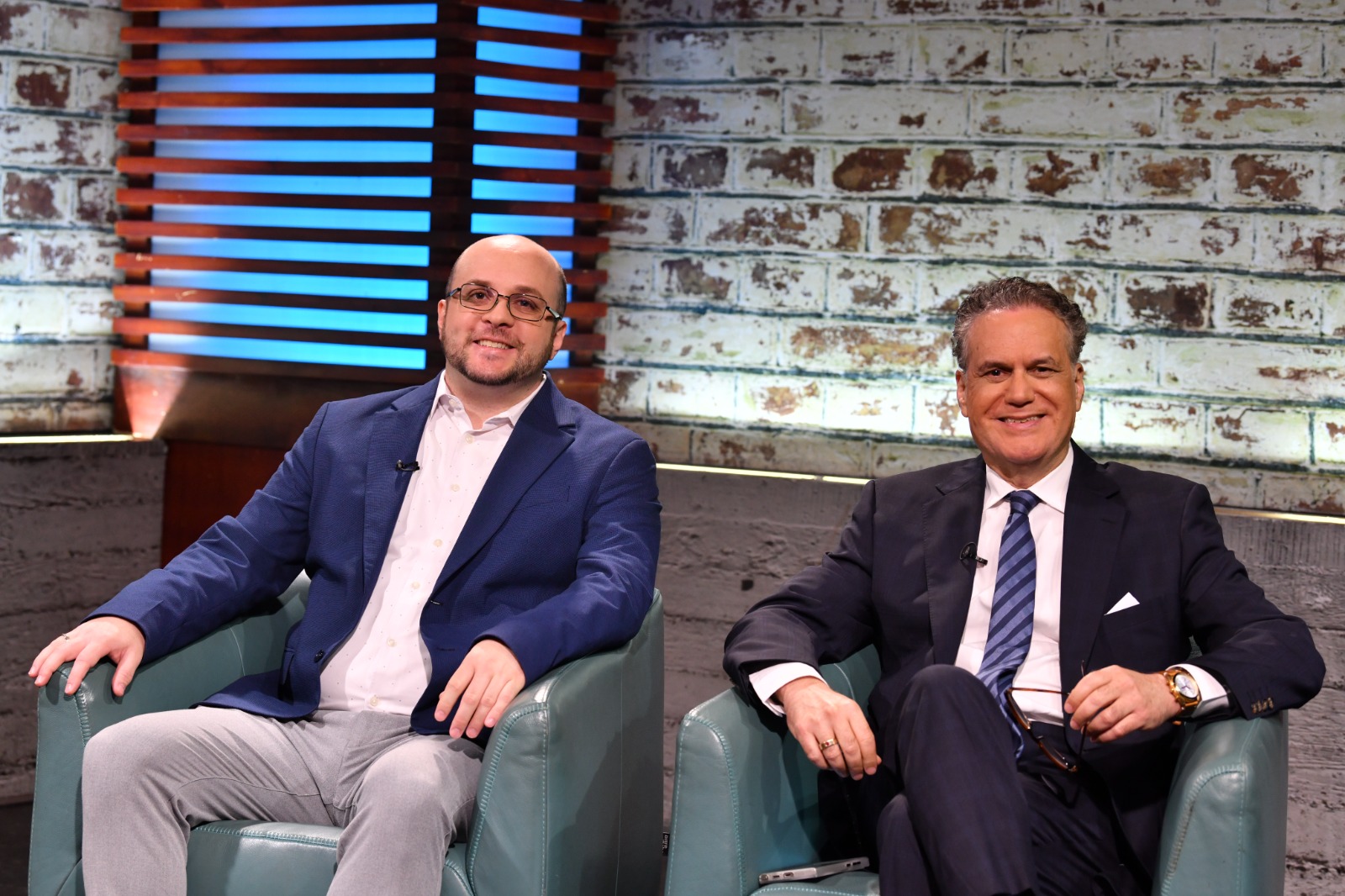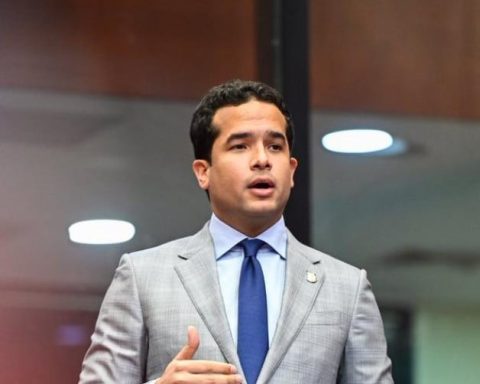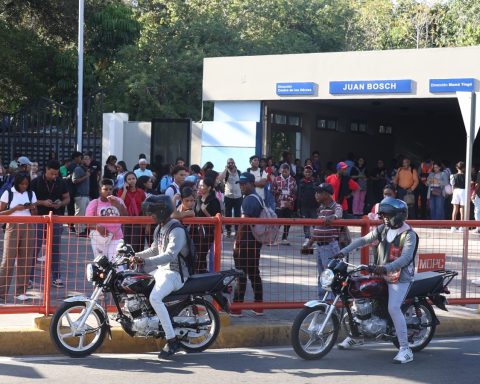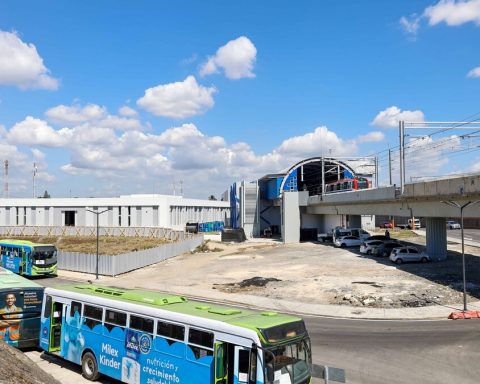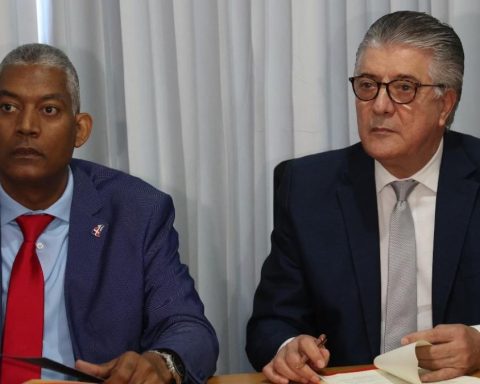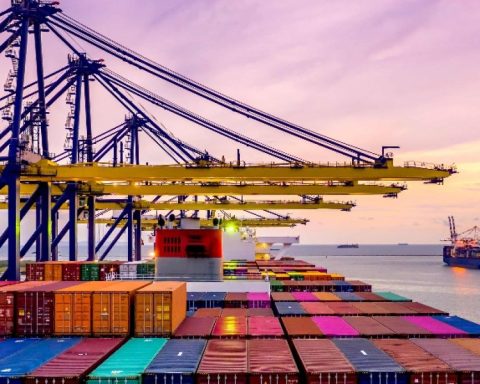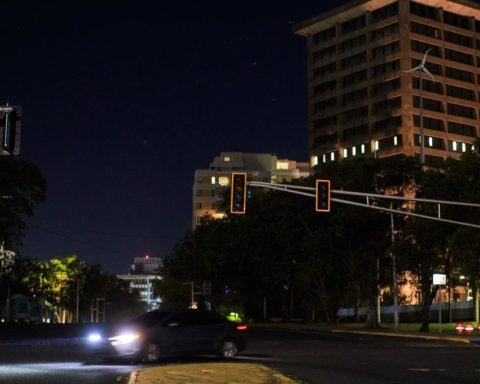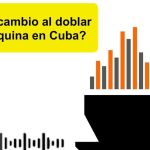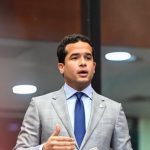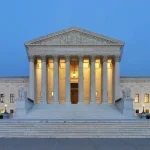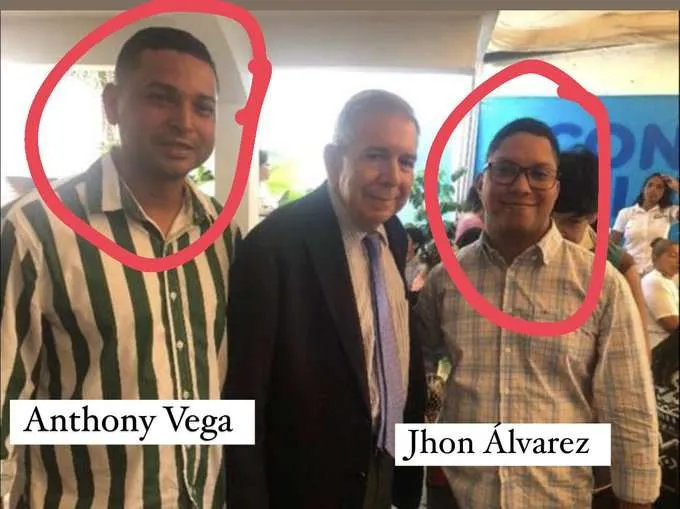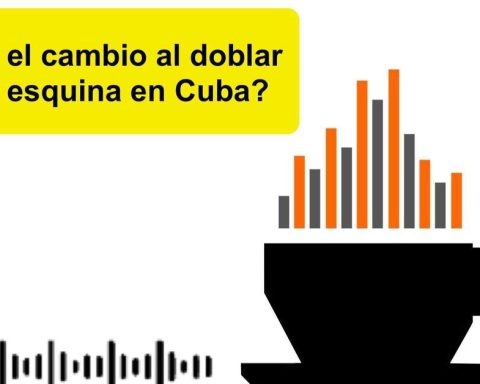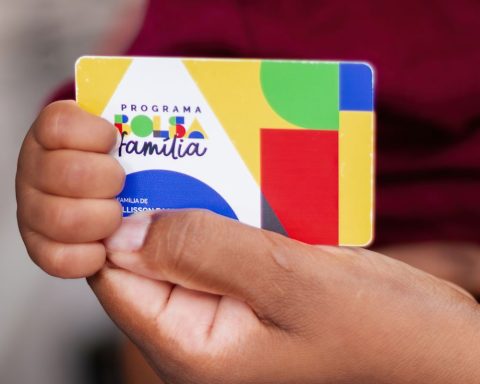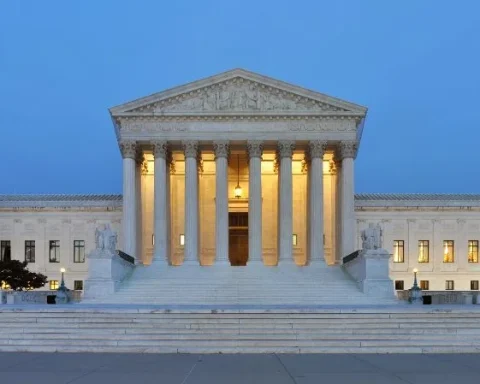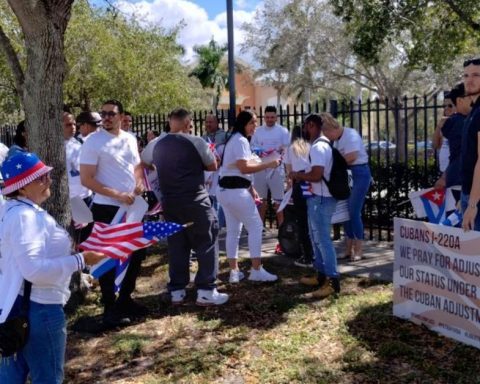Santo Domingo, DR.- Specialists in politics and negotiation, Rainier Cassoni and Nelson Espinal Baez They carried out a perspective analysis of the upcoming elections on July 28, which will be held in Venezuela and assured that the negotiation will be key to the process that will begin in Venezuela after the presidential election on July 28.
“When a dictatorship finds itself in a situation like the one Maduro’s is in, there are usually so-called power enclaves, which are a series of negotiations with which the dictator seeks to sustain himself in case he does not emerge victorious from the process,” said Nelson Espinal.
Lawyer and university professor Espinal Báez explained that the first thing authoritarian leaders seek is to negotiate and stated that negotiations are already underway with the United States. He explained that “among the many elements that characterize enclaves of power is seeking the free circulation of capital, which means that they are going to try to legitimize a significant part of their money, which becomes a problem because they are large amounts of capital that were created by affecting public assets.”
During the interview conducted by journalist Katherine Hernández on her program “Siendo Honestos”, broadcast by CDN Channel 37, at 10 p.m., Espinal Báez said that another element that is usually requested in negotiations is to maintain influence and political management capacity in the local scenario.
Along these lines, the conflict specialist gave the example of what happened in Colombia with the Revolutionary Armed Forces of Colombia-People’s Army (FARC-EP); in Chile with Augusto Pinochet, who after being all-powerful, upon leaving office was a senator for life and commander-in-chief of the Armed Forces; and in the case of the Dominican Republic he mentioned former President Joaquín Balaguer, who in 1978 managed to maintain control of the Senate of the Republic and with this the control of the Judicial Branch and the appointment of judges.
“Every regime seeks to maintain its structure. So what is currently being negotiated in Venezuela are the enclaves of power,” said Espinal Báez.
Opposition could win the election overwhelmingly
Nelson Espinal stressed that despite the fear that prevails due to the regime, Venezuela is experiencing the largest mobilization seen in the last 25 years.
He added that, “this great mobilization comes after a disbelief in the electoral political process of the Venezuelans, because they expected someone from outside to come and solve their problems and they kept that possibility as a solution and that never came, so the Venezuelan people are mobilized by two great causes, one is the will for change and by the leadership of Maria Corina Machado,” he stressed.
Surveys
For his part, Cassoni said, “I have no doubt that we are going to win, because we have never seen this difference in an electoral process in Venezuela before. Edmundo González is at his lowest in a survey between 38% and 52 points, while Nicolás Maduro is at his highest, as reflected in the surveys, with 25 points, that is his ceiling!”
Cassoni explained that despite the limitations of the campaign because the candidate Edmundo González does not appear in the media normally and María Corina Machado is banned, the least that the candidate from the Democratic Unity Roundtable can get is about 5.5 million votes and he believes that Nicolás Maduro could reach just three million.
In this regard, he added, “They can take away a million votes from the Venezuelan people, but they cannot take away two million. Today, I have no doubt that the electoral victory is in the hands of Edmundo and the opposition,” he said.
Venezuelan opposition leaders talk about peace
Regarding the political speeches of Venezuelan opposition leaders María Corina Machado and Edmundo González Urrutia, Espinal Báez explains that they are already talking about negotiation, political dialogue, transition, national unity for all and there is even talk of peace, which is positive for the process.
“They are aware that it is better to get rid of a regime through political means and not through a coup d’état, since the Venezuelan opposition does not have the conditions to carry out a coup d’état, they do not even have a water pistol,” he said.
Signs of negotiation from Maduro
For his part, political analyst and social activist Raniero Cassoni considered that one of the most important differences of this election with others such as the one in 2013, in which Henrique Capriles Radonsky faced Nicolás Maduro, is that eleven years ago there were quotas and resources for political parties to mobilize the population, “a whole logistics was organized to achieve this, however, now it is the same people who are genuinely mobilized.”
Guarantees and rules of the democratic game
Public Policy consultant Cassoni says that Maduro’s government no longer has a monolithic unity. An example of this is what happened at the negotiating table in Norway, which later met in Mexico, where President Nicolás Maduro sent his son because there is internal distrust with groups such as the one headed by the current president of the National Assembly Jorge Rodríguez, considered one of the figures with the greatest power and influence in the government of Caracas.
Cassoni added that another characteristic that makes this election different is that “at this moment they are risking their lives and they do not know whether to start negotiating as a block or individually, because each one will try to save his ‘skin’ and the negotiation games depend on this. In addition, every regime needs international approval.”
Recommendations from the experts
For both analysts, the massive participation of Venezuelans in the process next Sunday will be decisive. “The only way everything will change is if people go out to vote and defend their vote in the streets, since we, from the international community, will also defend it,” said Cassoni.
For his part, Nelson Espinal Báez recommended that the political leadership, regardless of the result of July 28, remain united and with political maturity in managing the political process in Venezuela, whether from the opposition or from the government.
